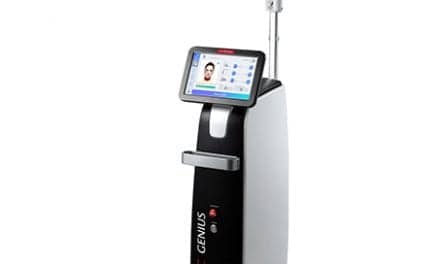Any skincare expert will tell you, anti-aging and retinol are inextricably linked. So why is the potent anti-wrinkle ingredient still so mystifying? Some women wax on about how it’s the best thing that ever happened to them, others complain it makes them red and dry.
Because it’s never too early (or too late!) to stave off the signs of aging, we looked to the experts to decode retinol—or is it retinoids?— in the simplest of terms.
The Benefits of Retinol
Retinol, which is another name for Vitamin A, is a powerful ingredient for addressing a number of skin concerns. “It can help to fight acne, stimulate collagen production, and has anti-inflammatory properties,” says Dr. Michele J. Farber of Schweiger Dermatology Group in New York City.
The Difference Between Retinol and Retinoids
“Retinols and retinoids are both vitamin A derivatives,” explains Dr. Farber. “They have both been formulated to be applied to your skin in topical form, but retinoids are stronger than retinols. While over-the-counter retinol creams do have many of the same benefits, they often work more slowly.”



